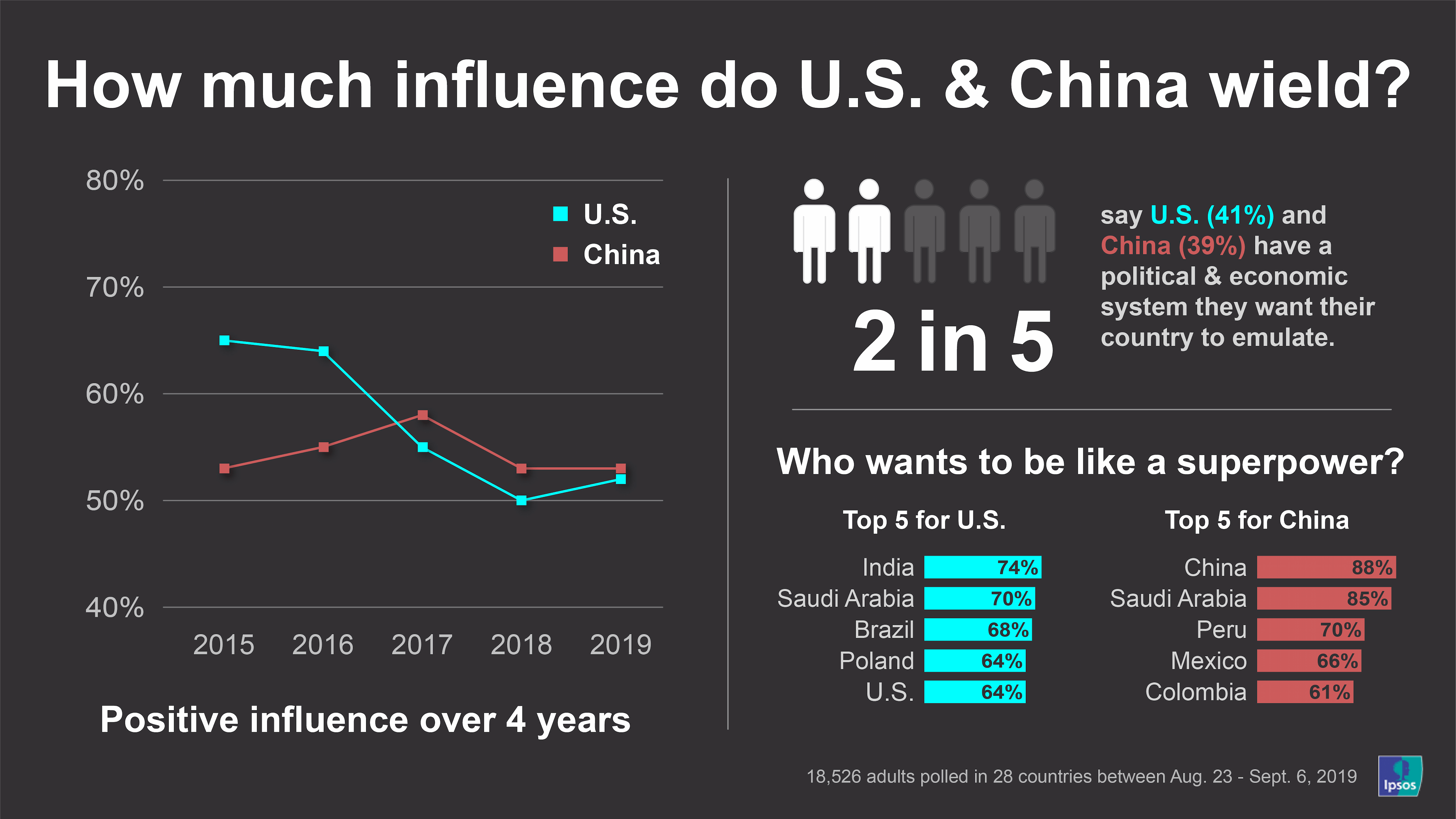China's Economic Trajectory Sparks Debate on Global Order Amidst Japan's "Lost Decades" Precedent

A recent social media post by "Teortaxes▶️ (DeepSeek 推特🐋铁粉 2023 – ∞)" has ignited discussion regarding China's economic path and its potential implications for the "USA-led post-war world order." The tweet suggests that if China successfully avoids an economic stagnation akin to Japan's "failure mode," it could prompt significant questions about the existing global power structure. This perspective highlights a growing geopolitical tension centered on economic performance.
Japan's "Lost Decades," beginning in the early 1990s, refer to a prolonged period of economic stagnation following the burst of an asset price bubble. During this time, Japan experienced low GDP growth, deflation, and a significant decline in its global economic standing. Factors contributing to this downturn included misguided government policies, an aging population, and a banking crisis that led to "zombie banks" and a "balance sheet recession," as detailed by economists like Richard Koo.
China's economy currently faces its own set of challenges, including a property market downturn, local government debt, and slowing export growth. The Chinese government has implemented various measures to counter these headwinds, such as fiscal stimulus, monetary easing, and efforts to boost domestic consumption and high-tech manufacturing. These policies aim to stabilize growth and transition the economy towards a more sustainable, innovation-driven model, actively seeking to learn from and avoid the pitfalls that led to Japan's prolonged stagnation.
The tweet implies that China's ability to navigate its economic challenges without falling into a similar long-term slump would represent a significant validation of its economic model and governance. Such an outcome could indeed challenge the perceived stability and dominance of the "USA-led post-war world order," which has largely underpinned global economic and political frameworks for decades. The success or failure of China's economic rebalancing efforts is therefore seen as a critical determinant of future global power dynamics.